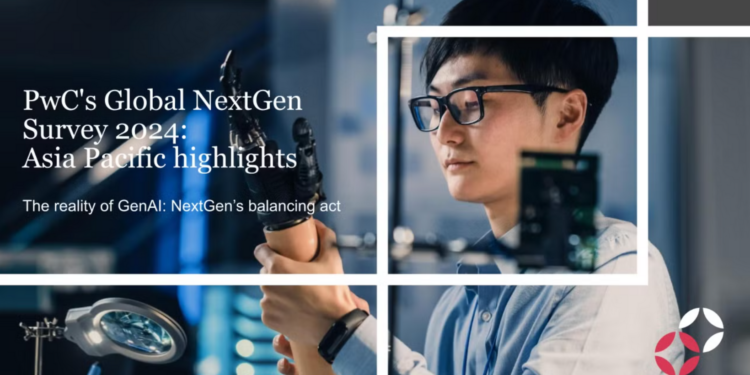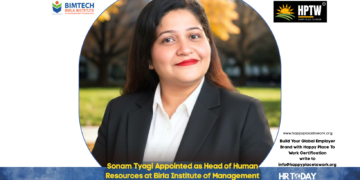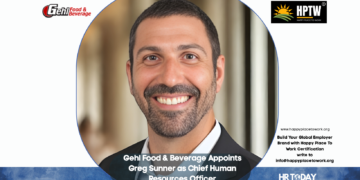Singapore, Singapore, June 6, 2024 – PwC today launched the Global NextGen Survey 2024 – Asia Pacific Highlights which found that while an overwhelming majority of NextGen respondents expressed a personal interest in generative AI (GenAI) (Asia Pacific: 84%, Singapore: 83%), and even see it as a powerful force of transformation, only 8% in Asia Pacific (Singapore: 3%) have adopted GenAI. Discouragingly, more than half (Asia Pacific: 56%, Singapore: 60%) have yet to even explore the technology.
Ng Siew Quan, Asia Pacific Entrepreneurial and Private Business Leader, PwC Singapore, said:
“There is a challenge in converting interest in GenAI into investment for technology adoption. And this seems to be attributable to the knowledge and skills gaps of both the NextGens and the current generation of business owners, partially driven by the fast-moving nature of the technology change.”
The survey found that around seven in 10 NextGen surveyed (Asia Pacific: 70%, Singapore: 67%) agreed that it can be hard to keep up with the growth of AI in general, while less than half regionally (42%) and in Singapore (33%) responded that they are knowledgeable about GenAI.
The survey also highlighted that only 22% of Asia Pacific NextGen respondents have faith in the digital capabilities of their family business (Singapore: 13%). It also found that NextGens are exercising caution, citing cybersecurity (Asia Pacific: 51%, Singapore 43%), the spread of misinformation (Asia Pacific: 43%, Singapore: 27%), along with legal liabilities and reputational risks (Asia Pacific: 38%, Singapore: 30%) as the top risks associated with GenAI. Furthermore, with only 9% of Asia Pacific family businesses (Singapore: 3%) having established protocols on the responsible use of emerging technologies like AI, all these indicate a lack of clear governance that could hinder the adoption of GenAI.
When asked about where they can personally add the most value to their family business, less than a quarter (Asia Pacific: 24%, Singapore: 20%) of NextGen respondents indicated that they can do so by modernising the company’s management practices. Meanwhile, only around one in 10 responded that they could do so by investing in new business ideas (Asia Pacific: 10%, Singapore: 7%), and in having a business strategy that is fit for the digital age (Asia Pacific: 9%, Singapore: 10%).
While seven in 10 NextGen surveyed agree they have the opportunity to learn and grow within the family business, many are facing the issue of trust deficit within the family business. Over three-quarters reported low levels of trust between theirs and the current generation (Asia Pacific: 76%, Singapore: 80%), and similarly between family and non-family members in the business (Asia Pacific: 79%, Singapore: 80%).
David Toh, Entrepreneurial and Private Business Leader, PwC Singapore said:
“Coupled with the conservative and risk-averse nature typical of family businesses, this lack of trust can further affect communications and the integration of new technologies such as GenAI. As heirs apparent, NextGen can lean on shared family values to foster greater trust between generations and within the organisation to help lead the family business into the future. At the same time, the incumbent generation can leverage opportunities to integrate transformative technologies to position NextGen for success, enabling them to uphold and keep the family legacy relevant in a fast-changing world.”
About the PwC Global NextGen Survey 2024 – Asia Pacific Highlights
PwC’s Global NextGen Survey 2024 is an international market survey among next-generation members of family businesses. The goal of the survey is to get an understanding of what NextGen are thinking on the key issues of the day, what roles they are playing and what roles they think they should play. The survey was conducted online with 917 interviews in 63 territories globally, and 310 interviews across 13 territories in Asia Pacific – out of which 30 interviews were from Singapore. The Global analysis was based on survey findings between 13 November 2023 and 23 January 2024.
Read Also : Imagination in a Disrupted Age: Navigating the Future with Curiosity and Empathy












